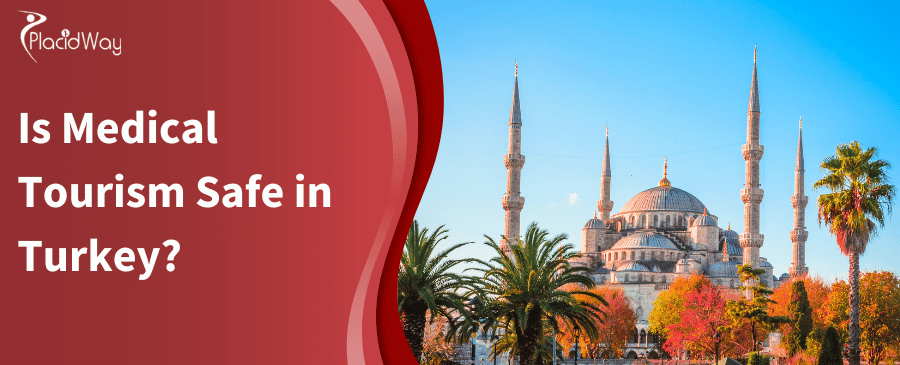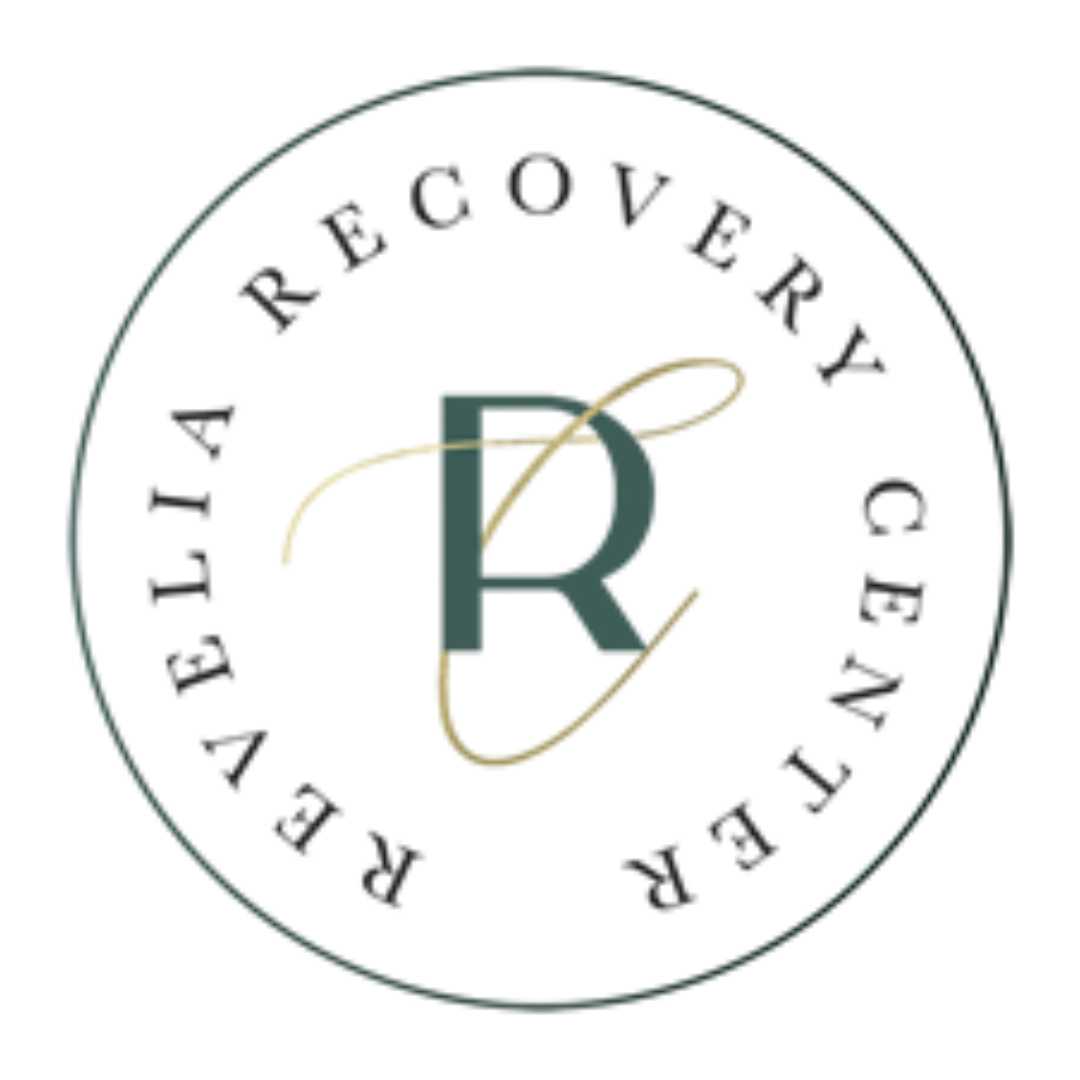Why Medical Tourism in Turkey is a Safe and Smart Choice

Are you considering traveling to Turkey for a medical procedure? You're not alone. Turkey has become a global hub for medical tourism, attracting hundreds of thousands of people each year for treatments ranging from cosmetic surgery to dental work. But the big question on everyone's mind is: is medical tourism in Turkey safe? The short answer is yes, it can be. However, the safety of your experience depends heavily on the choices you make. While Turkey boasts many world-class hospitals and highly skilled doctors, there are also risks associated with unregulated clinics and unqualified practitioners. This guide will walk you through everything you need to know to make an informed decision and ensure your medical journey to Turkey is a safe and successful one.
In recent years, Turkey has invested heavily in its healthcare infrastructure, with many hospitals and clinics achieving international accreditation. This, combined with significantly lower costs compared to Western countries, has made it an attractive option for many. But it's crucial to look beyond the glossy advertisements and all-inclusive packages. Understanding the accreditations to look for, the qualifications of the medical staff, and the potential risks involved is essential. With the right knowledge, you can navigate the world of medical tourism in Turkey with confidence and find the high-quality care you're looking for.
Is it generally safe to travel to Turkey for medical treatment?
The safety of medical tourism in Turkey largely depends on the individual's due diligence. The country has a robust healthcare system with many modern facilities that adhere to international standards. The Turkish government actively promotes medical tourism and has implemented regulations to ensure patient safety. However, the quality of care can vary significantly between different clinics and hospitals.
To ensure a safe experience, it's vital to research your chosen facility and medical team thoroughly. Look for accreditations from reputable international organizations, read patient reviews, and don't be afraid to ask for the credentials of your surgeon. While the allure of lower prices is strong, it should not be the only factor in your decision. Prioritizing safety and quality of care is paramount.
Why is Turkey so popular for medical tourism?
Several factors contribute to Turkey's rise as a top medical tourism destination. The most significant is the cost-effectiveness of treatments. Patients can often save up to 70% on procedures compared to costs in the US, UK, and other Western European countries. This affordability does not necessarily mean a compromise on quality, as many Turkish hospitals are equipped with state-of-the-art technology and staffed by highly trained doctors.
Beyond the cost, Turkey offers:
- High-Quality Facilities: Many hospitals and clinics in Turkey are internationally accredited, particularly by the Joint Commission International (JCI).
- Experienced Professionals: Turkish doctors and surgeons are often trained in Europe and the US and have extensive experience in their respective fields.
- Comprehensive Packages: Many clinics offer all-inclusive packages that cover treatment, accommodation, and transportation, making the process more convenient for international patients.
- Tourist Destination: Patients can combine their medical treatment with a vacation, enjoying Turkey's rich history, culture, and beautiful landscapes.
What are the most popular medical treatments in Turkey?
Turkey has gained a reputation for excellence in several medical fields. The most sought-after treatments by medical tourists are:
- Cosmetic Surgery: Procedures like rhinoplasty, breast augmentation, liposuction, and "Brazilian Butt Lifts" (BBLs) are extremely popular.
- Dental Treatments: "Turkey teeth," which often refers to veneers or crowns, are in high demand, along with dental implants and other cosmetic dentistry procedures.
- Hair Transplants: Turkey is often referred to as the "hair transplant capital of the world," with thousands of men traveling for FUE and DHI procedures.
- Ophthalmology: Laser eye surgery (LASIK) and other vision correction procedures are also very common.
In addition to these, Turkey is also a destination for more complex procedures such as orthopedic surgery, cardiac surgery, and fertility treatments.
How much cheaper is medical treatment in Turkey?
The significant price difference is a major driver for medical tourism in Turkey. The lower cost of living, favorable exchange rates, and government support for the healthcare sector all contribute to the lower prices. Here's a general comparison of costs for popular procedures:
| Procedure | Average Cost in the UK | Average Cost in Turkey |
|---|---|---|
| Rhinoplasty | £6,000 - £8,000 | £2,500 - £4,000 |
| Hair Transplant (FUE) | £5,000 - £15,000 | £1,500 - £3,000 |
| Dental Veneers (per tooth) | £500 - £1,000 | £150 - £300 |
It's important to remember that these are average costs and can vary depending on the clinic, the surgeon's experience, and the specifics of the procedure.
Are Turkish hospitals and clinics accredited?
Accreditation is a key indicator of a healthcare facility's commitment to quality and safety. Turkey has a significant number of hospitals accredited by the Joint Commission International (JCI), a US-based organization that is considered the gold standard in global healthcare. In fact, Turkey ranks among the top countries in the world for the number of JCI-accredited hospitals.
In addition to JCI, many Turkish medical facilities also hold ISO certifications and are regulated by the Turkish Ministry of Health. When choosing a clinic, always verify its accreditation status. Reputable clinics will be transparent about their certifications and will often display them on their websites.
What is JCI accreditation and why is it important?
The Joint Commission International (JCI) is a non-profit organization that accredits and certifies healthcare organizations and programs across the globe. The accreditation process is voluntary and involves a comprehensive assessment of a hospital's performance in areas such as:
- Patient safety
- Quality of care
- Infection control
- Patient rights
- Staff qualifications
- Facility management
Choosing a JCI-accredited hospital provides an extra layer of assurance that you will receive care that meets international standards. It demonstrates the hospital's commitment to continuous improvement and patient-centered care.
How are doctors and surgeons in Turkey qualified?
The qualifications of medical professionals in Turkey are generally very high. Many doctors and surgeons have completed at least part of their training in Western countries and are fluent in English. They are required to be members of the Turkish Medical Association and often belong to international medical societies as well.
When researching a doctor or surgeon, you should look for:
- Board certification in their specialty
- Membership in national and international medical associations
- Years of experience and a high volume of procedures performed
- Positive patient reviews and testimonials
A reputable clinic will be happy to provide you with information about your surgeon's qualifications and experience.
Is cosmetic surgery in Turkey safe?
The safety of cosmetic surgery in Turkey is a topic of much discussion. While there are many success stories, there have also been reports of botched procedures and serious complications. The key to a safe experience is to choose a qualified and experienced plastic surgeon and a fully equipped, accredited hospital.
Avoid clinics that offer unrealistically low prices or use high-pressure sales tactics. These can be red flags for facilities that cut corners on safety. Always have a virtual consultation with your surgeon before you travel, and make sure you have a clear understanding of the procedure, the risks, and the expected outcomes.
What are the risks of plastic surgery in Turkey?
All surgical procedures carry some level of risk, regardless of where they are performed. The common risks associated with plastic surgery include:
- Infection
- Bleeding
- Adverse reaction to anesthesia
- Blood clots
- Poor scarring
- Dissatisfaction with the cosmetic result
In the context of medical tourism, there are additional risks to consider, such as the challenges of follow-up care once you return home and the potential for communication issues if there is a language barrier. Choosing a reputable clinic with a strong aftercare program can help mitigate these risks.
Is it safe to get dental work done in Turkey?
Turkey is a popular destination for dental tourism, with many clinics offering high-quality care at affordable prices. However, the trend of "Turkey teeth" has also raised concerns about overly aggressive and potentially damaging dental work. It's essential to choose a clinic that prioritizes the long-term health of your teeth over purely cosmetic results.
Look for clinics that use modern technology, such as 3D imaging and CAD/CAM systems, and that have experienced dentists who are members of professional organizations. A good dentist will provide you with a comprehensive treatment plan and explain all your options, including the potential risks and benefits.
What is the "Turkey Teeth" trend and what are the risks?
The "Turkey Teeth" trend, popularized on social media, often involves filing down healthy teeth to pegs to fit a full set of crowns. While this can create a very white, uniform smile, it is an aggressive and often unnecessary procedure that can lead to serious long-term problems, including:
- Increased tooth sensitivity
- Nerve damage and the need for root canals
- Gum disease and infection
- Difficulty cleaning the teeth, leading to decay
- The need for costly and extensive remedial work in the future
A reputable dentist will recommend the most conservative treatment that will achieve your desired results, such as veneers, which require minimal tooth preparation, or professional whitening.
What should I look for in a reputable clinic in Turkey?
To ensure you choose a safe and reliable clinic, look for the following:
- Accreditation: JCI or other international accreditation is a strong indicator of quality.
- Qualified Staff: Verify the credentials of your surgeon and the medical team.
- Transparent Pricing: A reputable clinic will provide a detailed cost breakdown with no hidden fees.
- Positive Reviews: Look for reviews on independent platforms, not just the clinic's own website.
- Good Communication: The clinic should be responsive to your questions and provide clear, comprehensive information.
- Aftercare Support: Inquire about their follow-up care process and what support they offer once you return home.
How can I verify a clinic's credentials?
Don't just take a clinic's word for it when it comes to their credentials. You can take the following steps to verify their claims:
- Check the JCI website: The JCI has a searchable database of accredited organizations.
- Contact the Turkish Medical Association: You can inquire about a doctor's registration and specialty.
- Ask for proof: A reputable clinic should be willing to provide you with copies of their accreditations and their doctors' certifications.
- Look for professional memberships: Check if the surgeon is a member of international societies like ISAPS (International Society of Aesthetic Plastic Surgery).
What are some red flags to watch out for?
Be cautious of clinics that exhibit the following warning signs:
- "Too good to be true" prices: Extremely low prices may indicate that the clinic is cutting corners on safety, hygiene, or the quality of materials.
- Aggressive sales tactics: Be wary of clinics that pressure you to book immediately or offer time-limited deals.
- Vague information: If a clinic is not forthcoming about the surgeon who will be performing your procedure or their qualifications, this is a major red flag.
- Lack of a proper consultation: You should have a thorough consultation with the surgeon, even if it's virtual, before you commit to anything.
- Only positive reviews: A clinic with only glowing, five-star reviews may be filtering or faking them. Look for a balanced mix of feedback.
What happens if something goes wrong with my treatment?
One of the biggest risks of medical tourism is the difficulty in seeking recourse if something goes wrong. The legal process in a foreign country can be complex and expensive. This is why it is crucial to:
- Choose a reputable clinic: A good clinic will have a clear policy for managing complications and will provide support if issues arise.
- Get comprehensive insurance: Make sure your travel insurance specifically covers medical tourism and potential complications from your procedure.
- Understand the consent forms: Read all the paperwork carefully before you sign it and make sure you understand the clinic's liability.
Some reputable clinics offer complication insurance as part of their packages, which can provide an extra layer of protection.
What legal protections do I have as a medical tourist in Turkey?
Turkey has a Patient Rights Regulation that outlines the rights of all patients, including international ones. These rights include the right to information, the right to consent, and the right to privacy. In cases of medical malpractice, you have the right to seek legal action in Turkish courts.
However, the legal process can be difficult to navigate from abroad. It is advisable to hire a Turkish lawyer who specializes in medical malpractice cases. This is another reason why choosing a clinic with a strong reputation and a commitment to patient care is so important, as it can help prevent such situations from occurring in the first place.
What is the role of the Turkish Ministry of Health?
The Turkish Ministry of Health plays a crucial role in ensuring the quality and safety of healthcare in the country. It is responsible for:
- Licensing and regulating all hospitals and clinics.
- Setting and enforcing standards for hygiene, equipment, and medical practice.
- Issuing special "Health Tourism Authorization Certificates" to facilities that meet the requirements for treating international patients.
You can check the Ministry of Health's "HealthTurkiye" website for a list of authorized medical providers.
What should I expect during my medical trip to Turkey?
Most reputable medical clinics in Turkey that cater to international patients offer a seamless experience. A typical medical tourism package will include:
- Airport pickup and drop-off: A representative from the clinic will often meet you at the airport.
- Accommodation: The package may include a stay in a comfortable hotel close to the clinic.
- Patient Coordinator: You will likely be assigned a patient coordinator who will be your main point of contact and will assist you with everything from translation to scheduling appointments.
- Pre-operative consultation: You will have a final consultation with your surgeon before the procedure.
- Post-operative care: The clinic will provide instructions for your recovery and will schedule follow-up appointments.
How do I find reliable patient reviews?
While clinics' own websites can be a starting point, it's important to seek out independent reviews to get a more balanced picture. Here are some places to look:
- Independent review sites: Google Reviews, Trustpilot, and RealSelf (for cosmetic procedures) are valuable resources.
- Online forums: Websites like Reddit have communities where people share their experiences with medical tourism in Turkey.
- Social media groups: There are many Facebook groups dedicated to specific procedures where members share their stories and recommendations. Be mindful of fake accounts or biased promotion within these groups.
Look for detailed reviews that discuss the entire experience, from the initial consultation to the final results and aftercare.
What are the best cities in Turkey for medical tourism?
While you can find good medical facilities throughout Turkey, three cities stand out as the main hubs for medical tourism:
- Istanbul: As Turkey's largest city, Istanbul has the highest number of JCI-accredited hospitals and a vast selection of clinics for all types of treatments. It is also a major international travel hub.
- Antalya: Located on the Mediterranean coast, Antalya is a popular choice for patients who want to combine their treatment with a beach vacation. It has a growing number of high-quality clinics, particularly for dental and cosmetic procedures.
- Izmir: Situated on the Aegean coast, Izmir is another major city with excellent medical facilities and a more relaxed atmosphere than Istanbul.
Ready to explore your options for safe and affordable medical treatment in Turkey? Visit PlacidWay to find accredited clinics, get free quotes, and plan your medical journey with confidence.


.png)





.png)








Share this listing